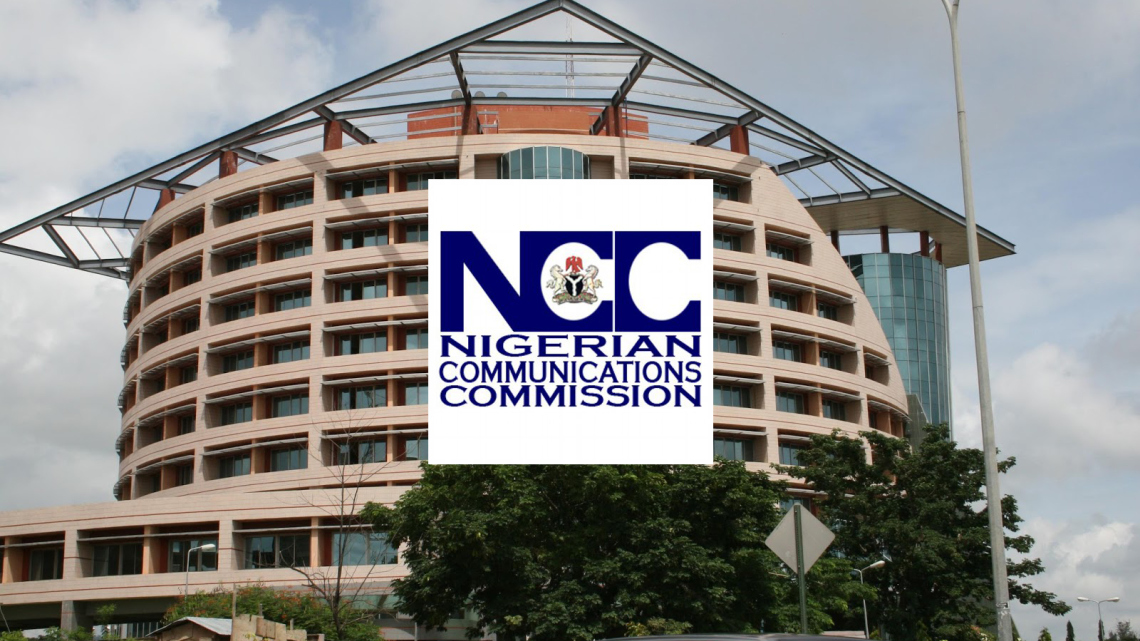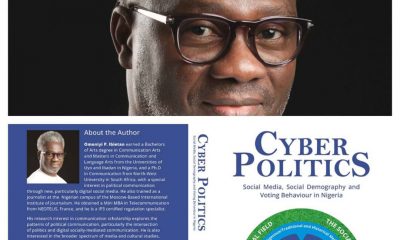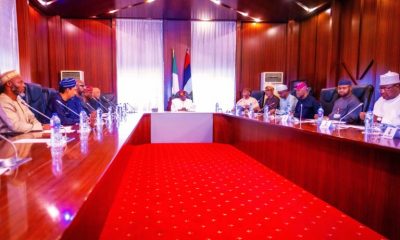The Nigerian Communications Commission (NCC) has tasked international investors to take advantage of investment opportunities in Africa’s biggest telecom market.
In his remarks at the official opening of Nigeria Pavilion at the ITU Telecom World 2017, holding in Busan, South Korea, Prof. Umar Garba Danbatta, Executive Vice Chairman (EVC), of the NCC, told investors of guarantee of adequate Returns on Investments (RoIs).
“With over 150 million active subscribers, in the voice segment, over 102 percent teledensity and a little over 92 million internet connections, Nigeria is indeed a place to invest.”
According to the NCC helmsman, with Nigeria’s 21% broadband penetration at the moment, it is important for investors to come and help grow the critical area of the sector through broadband coverage expansion.
“We come to enlist the support of other players, governments, regulators and the global community from whom there is always a basket of ideas to take back home to Nigeria. The implementation of these ideas will ensure a better regulatory environment, even though ours has been seen as a very robust and consultative regulatory agency right from 2001 when the Digital Mobile Licences (DML) were issued.”
ALSO SEE: Nigeria’s ICT sector needs restructuring – ATCON
While assuring investors on the need to invest in Nigeria’s telecom industry, Prof Danbatta said in consultation with stakeholders, the NCC had introduced a mandatory Code of Corporate Governance as guide to managers and boards of telecommunications companies.
He said the NCC has put in place measures and guidelines to licence wholesale broadband service providers consistent with the Open Access Model for broadband deployment.
“Of the seven infrastructure companies (Infracos) earmarked for licensing, only two have so far been licensed for Lagos which is commercial hub of Nigeria, and Abuja including the North Central zone of the country leaving five more licences for the South West, South East, South South, North East and North West zones of the country. The process of licensing of infracos for these five remaining zones is about to be concluded.”
Prof Danbatta said the NCC recognised the importance of ICT to national development, and that is why it is focusing on growing the sector by putting in place necessary measures for investments to thrive.
“When we rolled out the 8-point agenda in 2016, it was predicated on the change mantra of the new democratic government in Nigeria led by President Muhammadu Buhari, GCFR. It is premised on facilitating broadband penetration, improving quality of service, optimizing usage and benefits of spectrum, promoting ICT investment and innovation, facilitating strategic partnership, promoting fair and inclusive growth and ensuring regulatory excellence and operational efficiency.”
In 16 years since the Digital Mobile Licences (DML) were issued, investment in the sector has hit about $70Billion from a mere $50million in 2001. Most of these investments are Foreign Direct Investments (FDIs).

 Health1 week ago
Health1 week ago
 News1 week ago
News1 week ago
 Trends2 days ago
Trends2 days ago
 Latest1 day ago
Latest1 day ago
 Health1 week ago
Health1 week ago
 Business1 week ago
Business1 week ago
 Crime1 week ago
Crime1 week ago
 Crime1 week ago
Crime1 week ago








